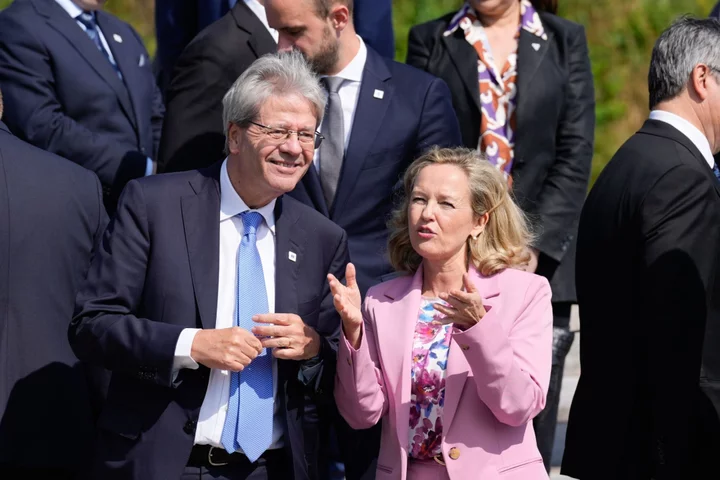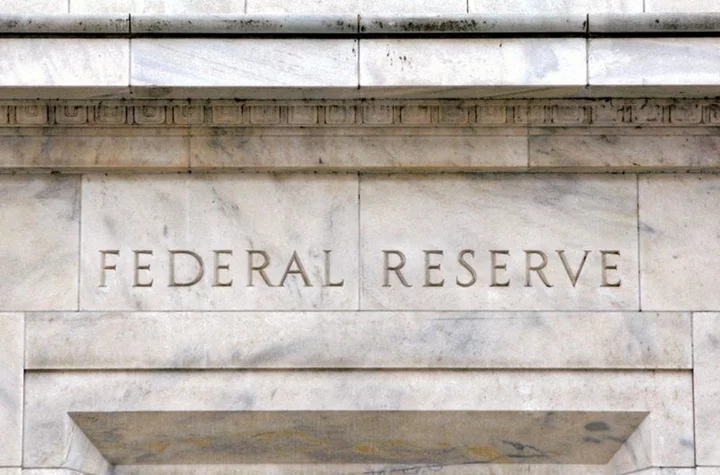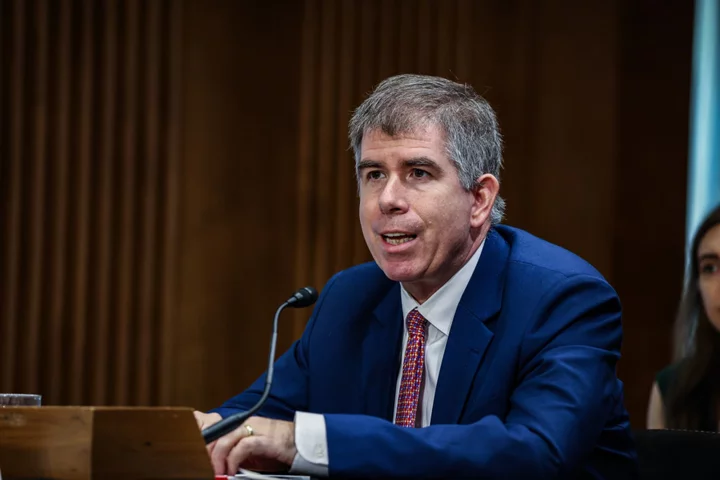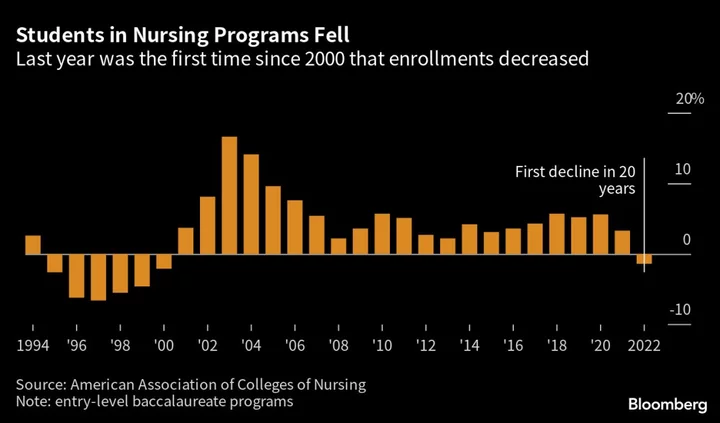European Union finance ministers are coming closer to finding a compromise by the end of this year on implementing new fiscal rules after months of sparring over how to rein in the bloc’s debt.
“There is a will to accelerate, to find an accord and to eventually reach a compromise,” EU Economic and Monetary Affairs Commissioner Paolo Gentiloni said on the sidelines of a meeting of EU finance chiefs in Santiago de Compostela, Spain on Saturday. “For the commission, this is an important and positive development.”
This echoed Spanish Economy Minister Nadia Calvino, who told reporters in Santiago that ministers have agreed on about 70% of the European Commission’s legislative reform proposals for the Stability and Growth Pact.
The rules were suspended during the Covid-19 pandemic and then again until the end of 2023 due to Russia’s war in Ukraine to allow governments more leeway for crisis spending. They are due to be reinstated in January, and the EU’s executive arm wants member states to reach a deal this year.
The sticking point has been whether to apply automatic and uniform rules to all member states. The debate highlighted divisions between Germany and its allies who want less flexibility, and more dovish countries like France and Italy that are concerned excessive pressure to reduce debt quickly could jeopardize economic growth.
The final text must “strike the right balance between the need to pursue sustainable debt reduction while ensuring fiscal space for necessary investments,” said Calvino, whose country holds the rotating EU presidency until Dec. 31.
Under the Commission’s plan, deficit and public-debt limits of 3% and 60% of gross domestic product would remain unchanged. Governments would set out multi-year plans with fiscal targets, with debt ratios expected to be lower by the end. A minimum fiscal adjustment of 0.5% of GDP per year would be required as long as deficits exceed the cap.
Countries have had trouble agreeing on whether all member states with excessive debt and budget deficits should have to make fixed annual reductions regardless of their individual economic situations.
“I intend to propose a very ambitious calendar that will allow us to reach an agreement by year-end, so that the new fiscal rules fit for purpose be effective as of January 2024,” Calvino said.
--With assistance from Jana Randow, Jorge Valero, Kamil Kowalcze and William Horobin.









